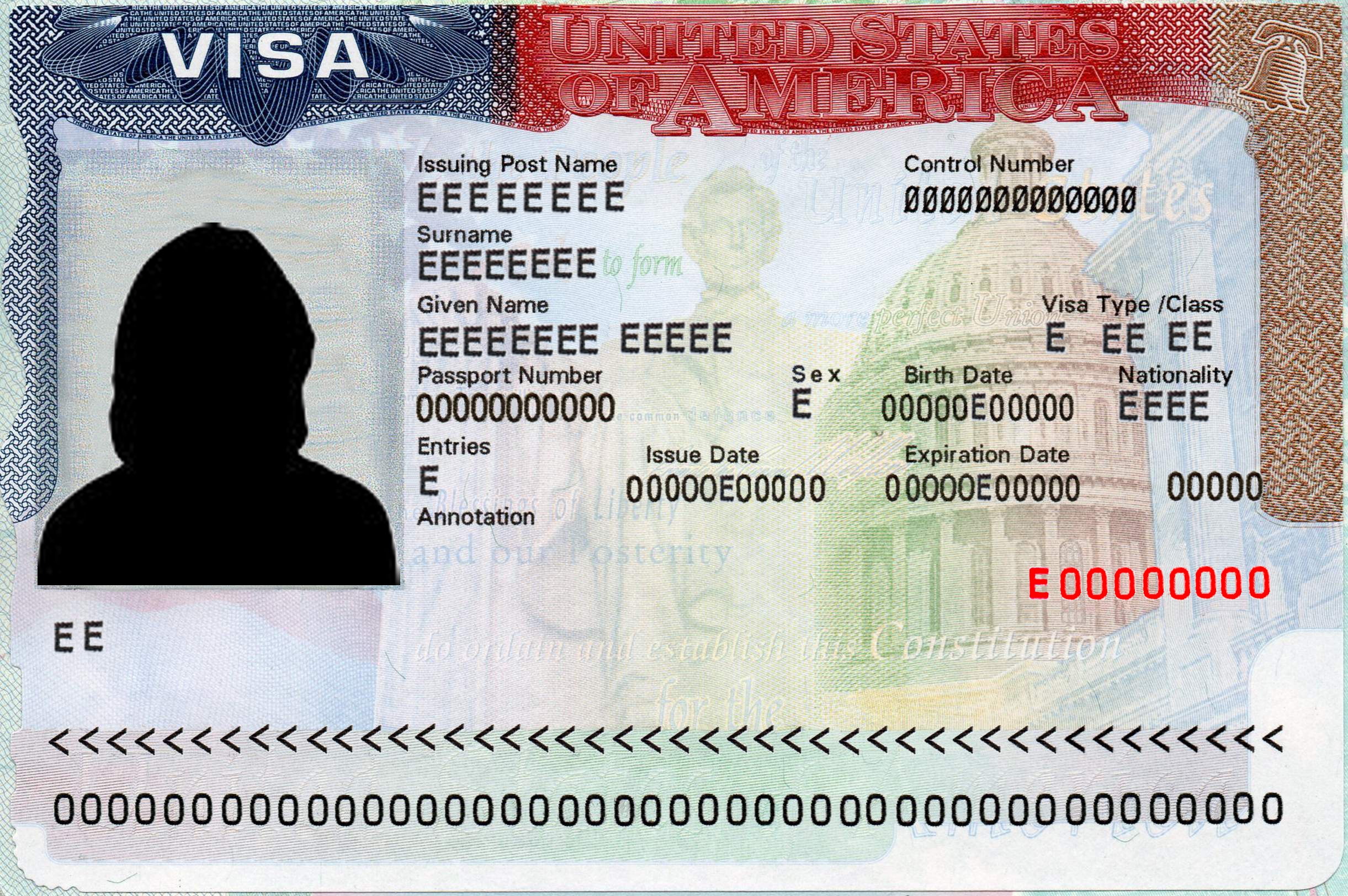The nature of Constitutional law:
A constitution in the broadest sense is a body of rules governing the affairs of an organized group. A parliament, a church congregation, a social club, or a trade union may operate under the terms of a formal written document called a constitution. Not all the rules of organization are in the constitution; Many other rules (eg, bylaws and customs) also exist. By definition, the rules laid down in the Constitution are considered basic, in the sense that unless they are amended according to due process, all other rules must conform to them. Thus, the presiding officer of an organization can be compelled to declare a resolution void if it is contrary to a provision in the Constitution. Inherent in the concept of a constitution is the idea of a «higher law» that takes precedence over all other laws. You can visit el mejor abogado de inmigracion to gather information related to the houston labor certification attorney and immigration lawyer houston texas.

Political parties and communities
Every political community, and thus every state, has a constitution, at least in so far as it governs its important institutions according to some fundamental body of rules. According to the concept of this term, the only conceivable alternative to the constitution is a state of anarchy. Still, the form a constitution can take varies greatly. Constitutions can be written or unwritten, codified or uncodified, and complex or simple, and they can provide widely varying patterns of governance.

In a constitutional monarchy, for example, the sovereign’s powers are governed by the constitution, whereas in an absolute monarchy the sovereign has indivisible powers. The constitution of a political community describes the principles that determine the institutions that are entrusted with the task of governance, as well as their respective powers. In absolute monarchies, as in the ancient kingdoms of East Asia, the Roman Empire, and France between the 16th and 18th centuries, all sovereign power was concentrated in a single person, the king or emperor, who exercised them directly or through subordinate agencies. In ancient republics, such as Athens and Rome, the constitution provided for the distribution of powers among the various institutions that make up most of the modern states. But whether it concentrates or spreads these powers, a constitution always contains at least some rules that define the structure and operation of the government that runs the community.


